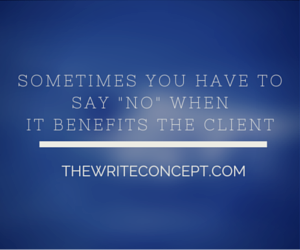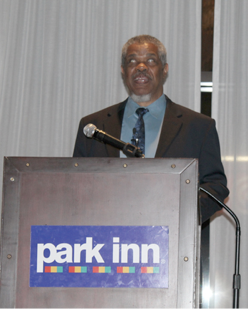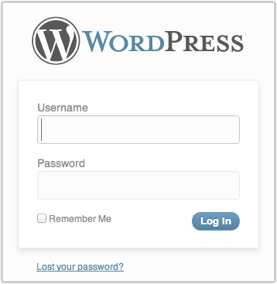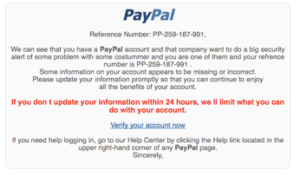
I had to say “No” to a prospective client today.
That hasn’t happened in a long time, and I wrestled with the decision for three full days.
As a business owner, I want to ensure a good relationship with clients. I want to be a “yes” 100% of the time. But every now and then a project comes along that is just not a good fit for my expertise. In these instances, I believe it better to say “NO” and help them find a better fit than it is to say “YES” and not be able to do them justice in the final result.
Here are three tips for saying “NO” in a way that keeps the relationship positive:
Be Honest about your Reasons
Nobody likes rejection. Hearing “NO” is hard, especially when you’re up against a deadline or are completely frustrated with your own efforts. In my rejection today, I apologized to the prospect, who was asking for assistance in developing a grant proposal for a very technical manufacturing process. I let him know that while I have some experience in the industry, my technical skills were not sufficient to give him the level of assistance I felt he needed, after reviewing the initial proposal.
Find an Alternate Solution
We’ve all heard the statement, “If you’re not part of the solution, you are part of the problem.” The prospect had been referred to me by a long-time associate, so both our reputations were on the line, and I’m committed to find WIN/WIN solutions for every issue. I can’t ethically take the project on knowing that I’m not well suited for it, but I certainly can help find someone for whom it is a perfect fit.
I hopped onto Linkedin and did a search for local freelance technical writers with experience in the prospect’s industry. Ten pages of results were returned! I reviewed the first few pages and gave the prospect names and contact info for three people who are far more qualified than me. Hopefully one of them will be available and excited to take on the project.
I had to say “NO,” but I still found a way to say “YES” to assisting the client.
Keep the Doors Open
You have a choice – after you give your “NO” and alternate solution, you have a choice. You can walk away forever, or you can follow up to make sure the solution you suggested was viable. If not, perhaps a second round of ideas will come to you. I just said “NO” this morning, and will follow up with the prospect later in the week to see if I can help in any other way. Stay in touch, and if you can, refer customers – that is one way to stay on the prospect’s radar, and establish a foundation for further conversation.
Summary
Saying “NO” is never easy, but when it is in the best interest of the prospect or client, it benefits everyone involved. Give your prospect the gift of integrity by being honest in your reasons for the rejection, finding an alternate solution if you can, and keeping the doors open.







 I quickly hit “forward” and sent it to spoof@paypal.com, their designated mailbox for issues like this.
I quickly hit “forward” and sent it to spoof@paypal.com, their designated mailbox for issues like this.
 My name is Linda Anger. I’ve lived my entire life in the state of Michigan, and am proud to spring from a family that has deep roots in the City of Detroit. I come from a long line of entrepreneurs on my patriarchal side. My great-great-grandfather, Edward Stange, became president of The American Brewing Company in 1901. My grandfather, Russell Anger, owned a small manufacturing company once housed on Telegraph near Eight Mile. My dad, Robert Anger, was a self-employed tool-and-die maker. His office was on Grand River near Eight Mile.
My name is Linda Anger. I’ve lived my entire life in the state of Michigan, and am proud to spring from a family that has deep roots in the City of Detroit. I come from a long line of entrepreneurs on my patriarchal side. My great-great-grandfather, Edward Stange, became president of The American Brewing Company in 1901. My grandfather, Russell Anger, owned a small manufacturing company once housed on Telegraph near Eight Mile. My dad, Robert Anger, was a self-employed tool-and-die maker. His office was on Grand River near Eight Mile.